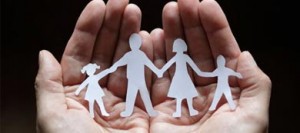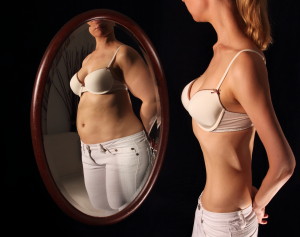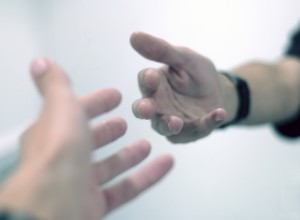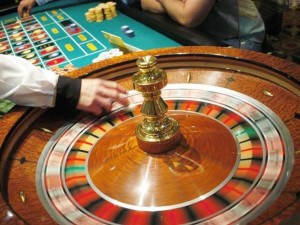The question on everybody’s lips…. ‘Is internet addiction real?’
Everybody knows someone who forever has their head in the screen of their mobile phone, laptop, tablet or PC. Ever tried to have a conversation with that person whilst they are engrossed in this behaviour. Have you found that its impossible to get their attention or to get them to focus on what you are saying. Is that person you? Recently Chinese scientists have observed differences in the brains of people who obsessively use the Internet similar to those found in people who have substance addictions.
The Chinese study found for the first time that internet addiction has been linked with changes in the brain similar to those seen in people addicted to cannabis, cocaine and alcohol. The study revealed how researchers used MRI scanners to reveal abnormalities in the brains of adolescents who spent many hours on the internet. This behaviour showed a significant decrease of performance and engagement in their social and personal lives. It is hoped that these findings will highlight the need for treatment for these adolescents in the hope that they can once again learn how to use the internet in a responsible fashion or alternatively have to abstain from the internet altogether for a period of time. It is estimated that 5 to 10 per cent of internet users are thought to be addicted – meaning they are unable to control their use. The majority of those that are addicted are games players who become so absorbed in the activity that they go without food or drink for long periods and their education, work and relationships suffer. It has been reported that some of those suffering found they were even unable to prise themselves away from the screen to go to the toilet and would end up either wetting or soiling themselves and still remain riveted to their screen.
The Chinese study was published a few days ago in the online journal PLoS ONE and stated
‘Internet addiction disorder (IAD) is currently becoming a serious mental health issue around the globe. Previous studies regarding IAD were mainly focused on associated psychological examinations. However, there are few studies on brain structure and function about IAD. In this study, we used diffusion tensor imaging (DTI) to investigate white matter integrity in adolescents with IAD.’
We are becoming more and more aware that people can suffer profoundly as a result of overusing the internet whether they are gambling, obsessively using social media sites or playing online games. It is also apparent that it is not only the person who is compulsively using the internet that is suffering but also those people who love and care for them are being affected by their behaviour.
If you or someone you know is affected by internet addiction then call Victoria Abadi Therapies for a free telephone consultation or fill in the contact form.







